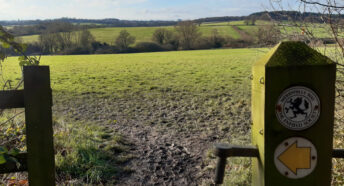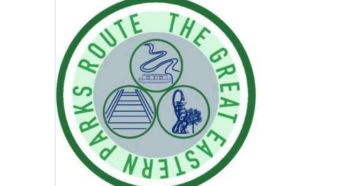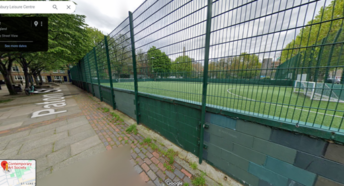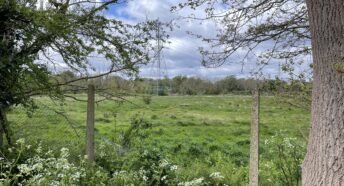David and Goliath: saving London’s green spaces
Incredibly, it’s the efforts of literally just one or two local campaigners which often ensures London’s parks remain available for the public.
I’m constantly amazed that it’s left to local campaigners to save London’s parks and green spaces from development. I spend a good deal of my time offering advice and support – and indeed moral support – because it’s not easy! During this Autumn we’ll be talking to the people who are giving up their time to try to save their local green spaces so that Londoners can enjoy parks into the future. Many cases involve real life David and Goliath battles, sometimes for years on end. What does it feel like to spend a huge amount of your time fighting a battle which you might not win? Sign up to receive our newsletter for updates.
In the meantime, one of the groups we’re working with is the Wimbledon Society and this week they featured an article in their newsletter which I wrote talking about how we’re offering help to protect London parks under threat from developers.
This is reproduced with kind permission of Wimbledon Society. (For more on why London’s parks are coming under threat, read our recent publication Forever Green?)
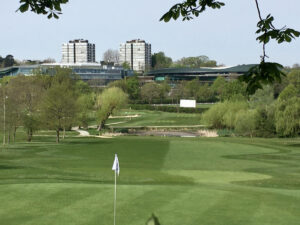
CPRE London is increasingly concerned about private and professional sports clubs taking over London parks. In Wimbledon, the All England Lawn Tennis Club’s bid to take over Wimbledon Park is fully underway with a huge amount of resource and influence behind it. In east London, West Ham United FC is doing a deal with Redbridge Council to take over playing fields for their ‘academy’ – a site which has been occupied by a grass roots football club which has been serving the local community for many years – and they will be kicked out with nowhere to go. In north London, Tottenham Hotspur FC has been announced as preferred bidder to take over the Whitewebbs Park public golf course site, to house their women’s training facility. Elsewhere Dulwich Hamlet FC is part of a bigger deal to build their stadium on Green Dale Park in Southwark and Southall FC has publicly stated it has its eye on Warren Farm – a set of publicly owned playing fields in Ealing, now an (unofficial!) nature reserve having rewilded after being neglected for years – for a new stadium.
In particular, we’re finding there is poor understanding about the difference between recreational and professional sports and this is being exploited by high profile organisations which often have strong links with the local community and the local council.
These parks all have protected status – either Green Belt or Metropolitan Open Land. So how is it they are coming under threat? Partly the developments are presented as simply supporting ‘sports’ which, they say, is appropriate on these sites – no distinction is drawn between professional and recreational sports. Partly it’s because the ‘developers’ (the sports clubs) have cosy relationships with boroughs. Partly it’s because there’s a big loophole in the planning system such that if it can be demonstrated that a development is ‘sustainable development’ – where the benefits outweigh the harm – that will be regarded as sufficient justification for planning permission to be granted. Clearly arguing something as vague and political as whether a development represents ‘sustainable development’ is much easier if you have a huge pile of money to argue it with. The little guys are at a major disadvantage.
So what to do? We are lucky to be working with a volunteer solicitor to see if we can help concerned local residents to raise legal challenges. Do the proposals involve the transfer of a public asset – can we challenge that? The land may be covenanted for recreation or for recreational sports – can we challenge on that basis? In all the cases we are dealing with, legal protections exist in one way or another, but the legal status is often unclear: each case is different and often land has changed hands, for example as a result of local government reorganisations, making it even more complex. This makes is extremely difficult for local groups to make a simple, direct challenge. For that reason, we are working to help the local groups involved with trying to protect these parks – by obtaining low-cost, expert legal advice for them.
As many green space campaigners now agree, the planning system is not working to protect our parks effectively. So we have to look at other options – and raising legal challenges is something we hope will make a difference. Watch this space!




